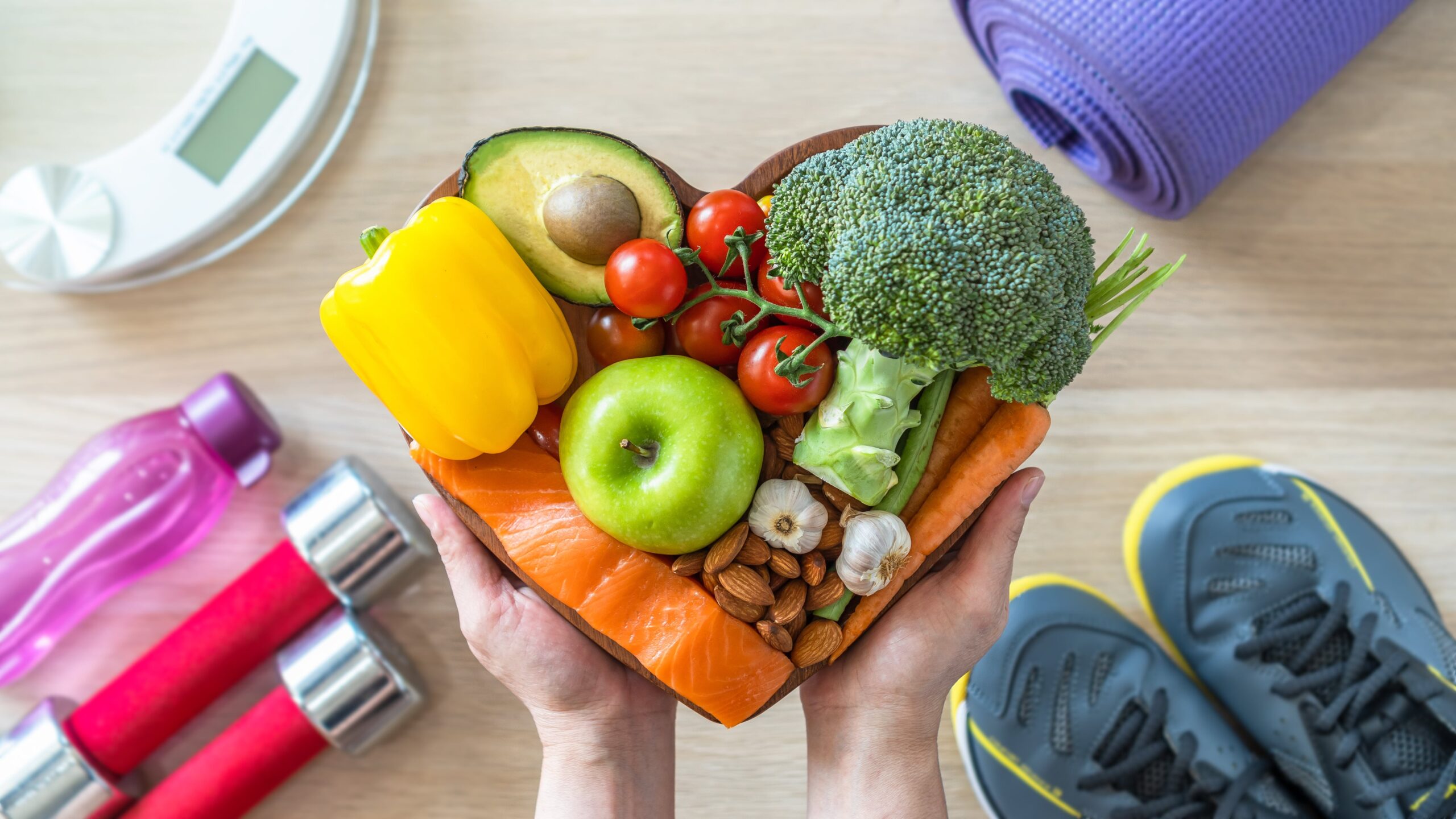The ketogenic diet, or keto diet for short, has become increasingly popular as an effective weight loss strategy. The diet revolves around consuming high amounts of healthy fats, moderate protein, and very low carbohydrates, which puts the body into a metabolic state called ketosis. This metabolic state allows the body to burn fat for fuel, leading to weight loss. However, there are some common keto diet mistakes that people often make while on this journey, which can slow down or even stall their progress. In this blog post, we will discuss five of these common keto diet mistakes and provide guidance on how to avoid them.
Maecenas iaculis pharetra nunc sit amet malesuada. Nulla facilisi. Fusce molestie at libero at ultricies. Suspendisse iaculis orci quam, at iaculis nisl dapibus eget. Quisque quis aliquet nisl, maximus viverra ligula. Sed erat elit, luctus id pulvinar quis, consectetur vitae ex
Darrel Wilson
1. Not Eating Enough Fat:
One of the primary reasons people fail to see results on a keto diet is that they do not consume enough healthy fats. The keto diet requires roughly 70-80% of your daily caloric intake to come from fat. When you don’t eat enough fat, your body will not enter or maintain ketosis, hindering your weight loss goals.
To avoid this keto diet mistake, make sure to include high-fat foods like avocado, olive oil, coconut oil, nuts, seeds, and fatty fish in your daily meals. Additionally, you can use full-fat dairy products like butter and cheese to help meet your fat requirements.
2. Consuming Too Much Protein:
While protein is essential for maintaining muscle mass and supporting bodily functions, consuming too much protein can be counterproductive for a keto diet. Excessive protein intake can cause your body to convert some of the amino acids into glucose through a process called gluconeogenesis. This process can lead to an increase in insulin levels and a decrease in ketone production, knocking you out of ketosis.
To avoid this common keto diet mistake, aim for a moderate protein intake of about 20-25% of your daily caloric needs. Focus on consuming high-quality protein sources like grass-fed meats, poultry, fish, eggs, and dairy products.
3. Not Tracking Your Carb Intake:
For a keto diet to be successful, it is essential to limit your daily carbohydrate intake to around 20-50 grams. However, many people underestimate their carb consumption, which can prevent them from achieving and maintaining ketosis.
To avoid this keto diet mistake, track your daily carb intake meticulously. Use a food diary or an app to help you monitor your meals and snacks. Remember to count net carbs, which are total carbs minus dietary fiber and sugar alcohols. Make sure to prioritize low-carb, high-fiber vegetables and avoid high-carb foods like grains, starchy vegetables, and sugary fruits.
4. Skimping on Electrolytes:
The initial phase of a keto diet often results in rapid water loss, which can lead to an electrolyte imbalance. Low levels of sodium, potassium, and magnesium can cause symptoms like headaches, fatigue, muscle cramps, and dizziness, often referred to as the “keto flu.”
To avoid this keto diet mistake, make sure to replenish your electrolytes by consuming foods rich in potassium (avocado, leafy greens, nuts), magnesium (dark chocolate, pumpkin seeds, spinach), and sodium (broth, pickles, olives). You can also consider using an electrolyte supplement if necessary.
5. Neglecting Fiber and Micronutrients:
A common misconception is that a keto diet only involves cutting carbs and increasing fat intake. However, it is crucial to ensure you are consuming enough fiber and micronutrients to maintain a healthy and balanced diet.
To avoid this keto diet mistake, include a variety of nutrient-dense, low-carb vegetables in your meals, such as leafy greens, broccoli, cauliflower, and asparagus. These vegetables provide essential vitamins, minerals, and fiber needed for optimal health. Additionally, consider incorporating nuts, seeds, and berries in moderation, as they are packed with essential nutrients and antioxidants. By focusing on a well-rounded, nutrient-dense keto diet, you will not only support your weight loss goals but also promote overall health and well-being.
Conclusion:
The keto diet can be an effective tool for weight loss when done correctly. By avoiding these five common keto diet mistakes – not eating enough fat, consuming too much protein, not tracking carb intake, skimping on electrolytes, and neglecting fiber and micronutrients – you can increase your chances of success on your keto journey. Remember, a well-formulated keto diet is not just about cutting carbs; it’s about adopting a healthy and balanced lifestyle that supports your weight loss goals and overall health.












